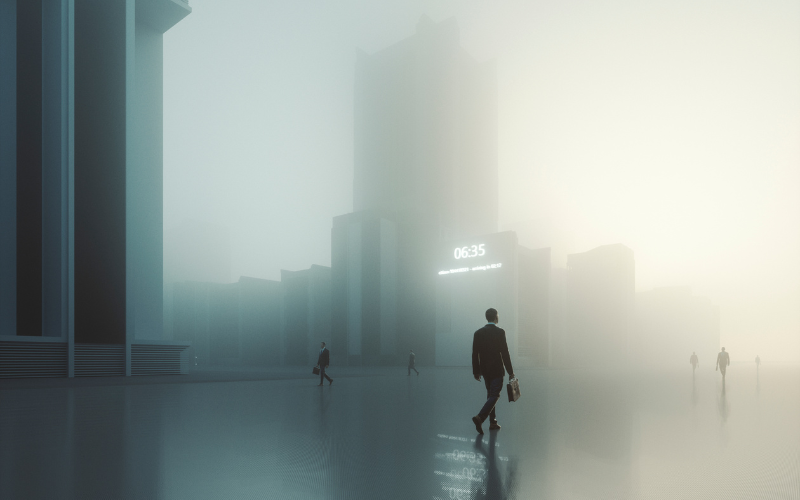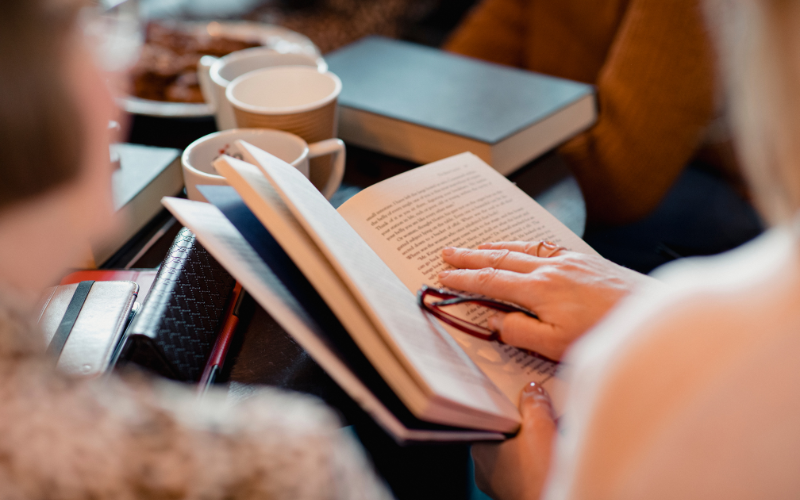Why Dystopian Novels Are More Than Just Fiction: How Dark Worlds Illuminate Our Real Ones
- Ashleigh Walker

- Jun 1
- 3 min read

In any case, crime is relative — its boundaries shifting in service of the people in power. - Laila Lalami, The Dream Hotel
In recent years, dystopian novels have surged in popularity, gracing bestseller lists, topping TikTok recommendations, and filling book club rosters. But why are readers so captivated by imagined societies in collapse, surveillance states, and haunting futures?
The answer may lie not just in their chilling plots, but in their deeper function: dystopian stories hold a mirror to the world we live in, challenging us to confront uncomfortable truths and ask better questions. These narratives don’t just entertain, they awaken. They remind us that every policy, every silence, every act of courage or complacency, shapes our collective future.
From Banned to Bold: The History of Censorship and Control
Literature has always been a threat to authoritarian power, which is why so many books have historically been banned, or worse.
During Nazi Germany, books that contradicted party ideology, many written by Jewish authors, communists, and pacifists, were burned in public displays of control. In the Soviet Union, writers like Aleksandr Solzhenitsyn (The Gulag Archipelago) were imprisoned and exiled for daring to expose political repression. In Afghanistan, women writing under the Taliban risked imprisonment or death. In fact, in many countries throughout history, it was a crime, punishable by death, to write, share, or even read literature that questioned the government, religion, or societal norms. And yet, writers persisted.
Authors risked their lives not just to tell a story, but to ignite dialogue, inspire resistance, and preserve truth. What we now consider classics, 1984 by George Orwell, Fahrenheit 451 by Ray Bradbury, The Handmaid’s Tale by Margaret Atwood, were once controversial, banned in schools or libraries, deemed “dangerous” because of how directly they confronted political power, surveillance, censorship, and control of women's bodies.
These stories are not warnings from fantasy worlds, they are creative responses to very real injustices, many of which still echo today.
Why Dystopia Belongs on Your Bookshelf
Today’s dystopian books aren’t just about bleak futures, they’re deeply connected to our present. From The Power by Naomi Alderman (which flips the gender power structure) to Parable of the Sower by Octavia Butler (a hauntingly prophetic climate-collapse saga), modern dystopian novels explore themes of race, gender, capitalism, and the environment.
They ask questions like:
What happens when we surrender personal freedoms for false security?
Who gets to tell the story of history?
How does power shift when we change the rules?
These novels help us interrogate systems we often accept as immovable. And perhaps most powerfully, they offer a spark of hope, showing how individuals, even in the darkest of worlds, can resist, rebuild, and redefine what’s possible.
The Storytelling That Shapes Us
Reading dystopian fiction isn't about escapism. It’s about engagement. These stories help readers, especially young readers, develop critical thinking, moral imagination, and a greater understanding of social justice. They inspire empathy for others and challenge our assumptions.
As book lovers, we’re lucky to live in a time and place where we can access these stories freely. But that freedom is not guaranteed, and that’s why it's so important to read them, discuss them, and pass them on.
At The Unforgettable Chapter, we believe in stories that stir conversation, strengthen community, and help us make sense of the world around us. Dystopian books are some of the most powerful tools in that mission.
So the next time you pick up a book that feels too dark or too close to reality, lean in. The questions it asks might just help you imagine a better ending.
Featured Reads to Dive Deeper:
1984 by George Orwell
Parable of the Sower by Octavia Butler
The Power by Naomi Alderman
The Memory Police by Yōko Ogawa
V for Vendetta by Alan Moore
The Testaments by Margaret Atwood
We by Yevgeny Zamyatin
Fahrenheit 451 by Ray Bradbury
The Dream Hotel by Laila Lalami
Blindness by José Saramago
The Hunger Games by Suzanne Collins
Lord of the Flies by William Golding
A Clockwork Orange by Anthony Burgess
Never Let Me Go by Kazuo Ishiguro
The Children of Men by P.D. James
The Year of the Flood by Margaret Atwood
The Man in the High Castle b Philip K. Dick
I Who Have Never Known Men by Jacqueline Harpman
Prophet Song by Paul Lynch
Chain Gang All-Stars by Nana Kwame Adjei-Brenyah
The Trial by Franz Kafka
It Can't Happen Here by Sinclair Lewis
and so many more...
Ashleigh





Comments